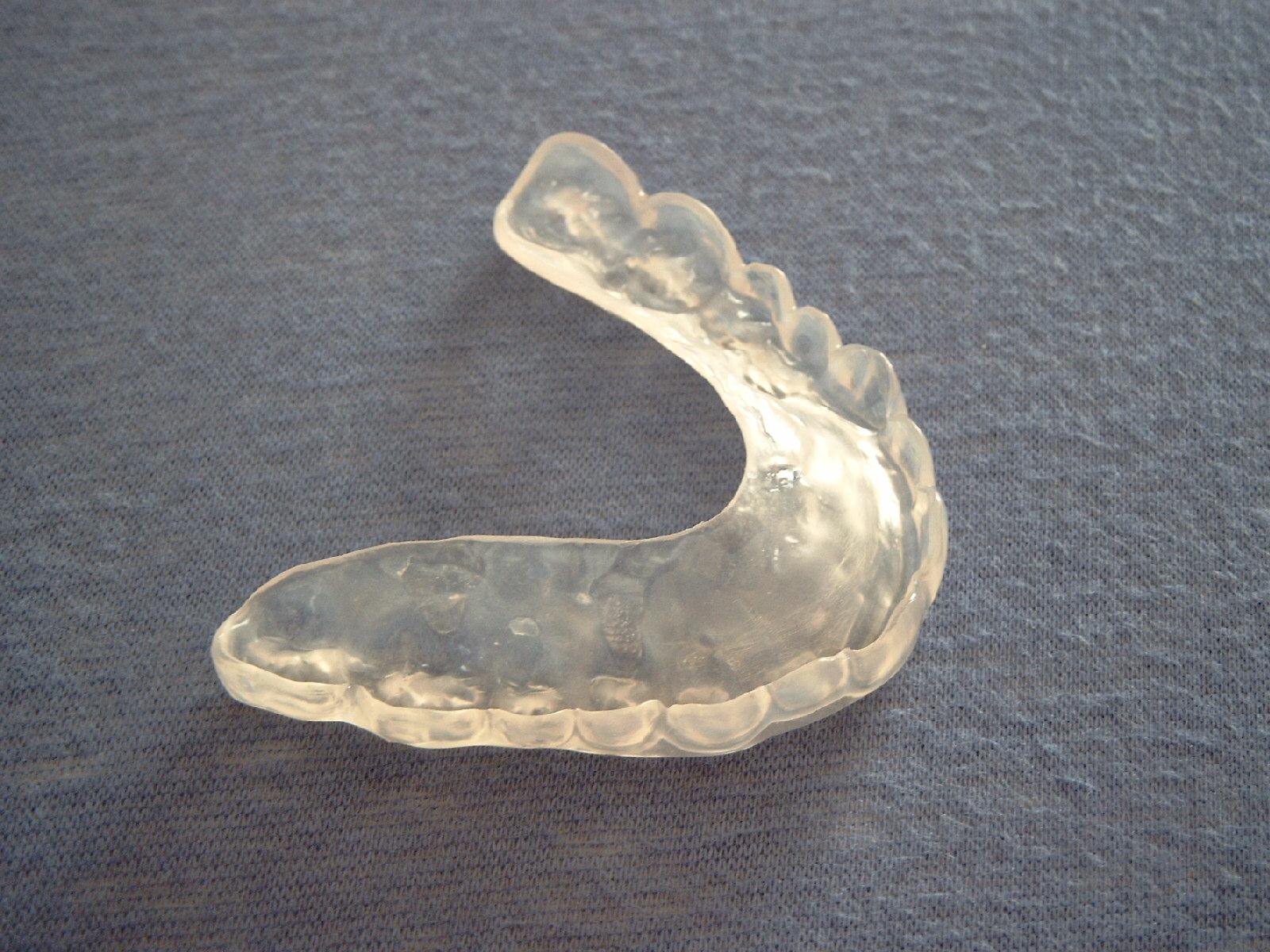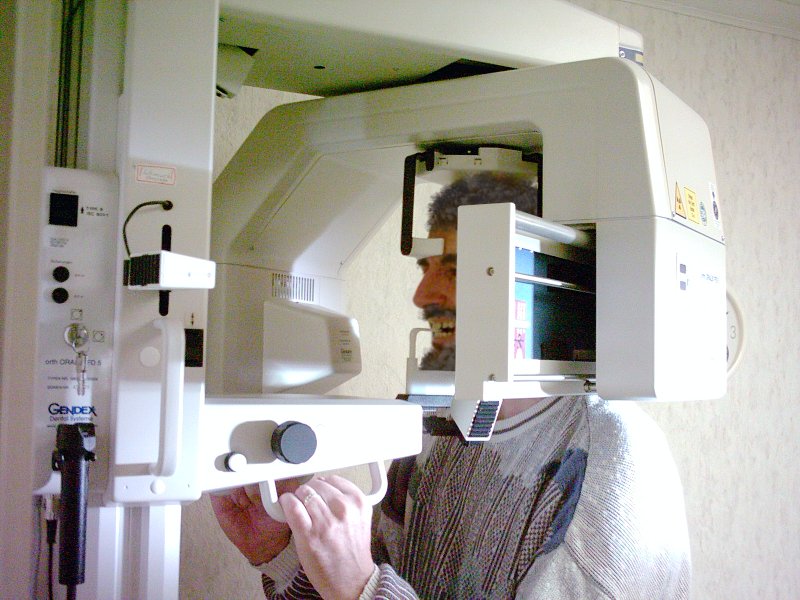6 Ways Your Dentist Might Try to Scam You

By:
Dental check-ups can feel intrusive and uncomfortable, and many common dental procedures are also unnecessary. Next time you get your teeth cleaned, watch out for these six dental scams.
1. Fluoride
While its standard for dentists to offer fluoride cleaning treatments and prescription toothpastes, they aren't absolutely necessary and often aren't covered by insurance.
Most adults get enough fluoride from water and regular toothpaste, so unless you get a significant number of cavities, skipping fluoride is usually okay.
2. Mouth Guards
It's common for dentists to prescribe night guards to patients who suffer from Temporomandibular joint dysfunction (TMJ) or grind their teeth excessively during sleep. These guards can be costly, but they help prevent further pain and wear to those suffering from the condition.
 Wikimedia - wikimedia.org
Wikimedia - wikimedia.org
Some dentists recommend night guards over zealously, though. All teeth are gradually worn down over the course of a human life, but that doesn't mean everyone needs a guard.
"I had one from my dentist, which cost me $500," a commenter on a D.C. Urban Moms forum said. "It worked fine. Then I had a bunch of work done, that involved getting a crown & two partial crowns. No matter what he tried, we could no longer get the guard to fit. So I had to learn to live without out it, or shell out another $500."
3. Replacing Old Fillings
Some dentists rip patients off by needlessly replacing old fillings.
"The big red flag is if you go to the dentist and they say, 'oh, you've got old silver fillings, we need to take them out because there's mercury leeching out," Mindy Weinman told Vox. "There's been no evidence to prove that actually happens."
If your dentist says your fillings need to be replaced, ask if they've cracked or become surrounded by decay. If they mention mercury, or that it's simply due to age, it's wise to get a second opinion.
4. Laser Treatment and Whitening Specials
Laser treatments and whitening specials can be an easy way for dentist's to up sell patients.
Be wary of dentists who advertise free whitening deals on TV, as these often are meant to lure patients in and then overcharge them for follow-up treatments.
5. X-Rays
Most people only need full dental x-rays every two years, and fraud dentists often recommend special "cone-beam" x-rays hastily.
 Wikimedia - wikimedia.org
Wikimedia - wikimedia.org
These procedures can be costly, but they also deliver extremely high doses of radiation, so they shouldn't be used unless it's absolutely necessary.
6. Wisdom Teeth Surgery
Ten million wisdom teeth were surgically removed in 2011, and some medical professionals believe the procedure isn't always wise or necessary.
While ingrown or impacted wisdom teeth can lead to pain and infections, it's become commonplace to get wisdom teeth removed as a precautionary measure. The procedure can cost over $1000, and recovery is lengthy, painful, and usually involves daily doses of addictive opioid painkillers. The procedure can also be risky.
“It is specious to contend that less than 3 days of temporary discomfort or disability is a small price to pay to avoid the future risks of root [destruction], serious infections, and cysts,” Dr. Jay Friedman wrote. “Also ignored is the risk of incidental injury such as broken jaws, fractured teeth, damage to the [mouth] joints, temporary and, especially, permanent paresthesia or dysesthesia (numbness and dysfunction of the lower lip and the tongue).”
